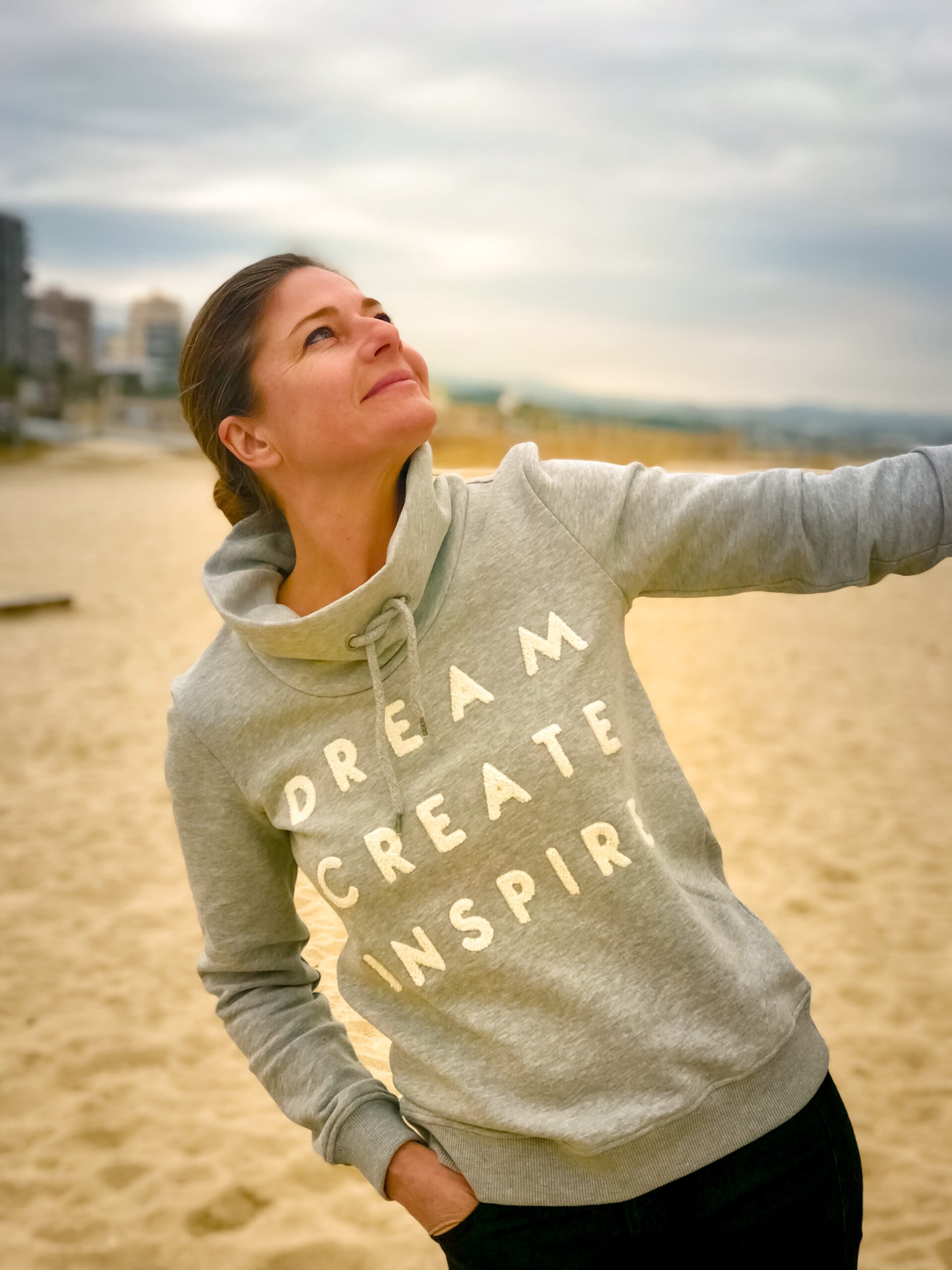We have a perception of what a “50-year-old woman” looks like. It’s changed from when you were in high school. From when you were celebrating your half-century birthday. Or maybe thinking back on your life 10 years ago when you panicked about turning 50!
Sometimes, I forget how old I am. I’m not making a joke about losing my memory!
Let’s do a little age math…. if you were born in the year _____, then you turned 50 in the year _____.
| Born In | Turned 50 |
| 1945 | 1995 |
| 1955 | 2005 |
| 1965 | 2015 |
| 1975 | 2025 |
Then and now
What has changed since the year you were born, and how did that influence the opportunities and expectations for you at 50 years old? The following insights are generalizations but history’s influence on women in the last several decades has dramatically impacted the idea of what we thought we should or could do.
The time in the culture we were born and raised in has shaped who we are today.
Born in 1940s
If you were born in the 40s (as many of our mothers were), women were primarily expected to be homemakers. The 1950s and 60s saw the peak of the “housewife” culture in the U.S.
A woman’s primary responsibility was to support her husband and raise a family.
In their youth, full skirts, modest blouses, and the “pin-up” style hair up-do were popular. As they aged, many adopted more conservative styles, like suits and dresses that were knee-length or longer.
By the time this group turned 50 around 1995, The expectation for women to work had been steadily increasing since the 1960s. However, hitting the age of 50 often meant preparing for an “early” retirement or taking on less challenging roles.
Women were primarily viewed as caregivers and nurturers, whether as mothers or grandmothers. The term “sandwich generation” was common, as many women were caring for both their children and their aging parents.
Notable women in this age group are actresses Sigourney Weaver (1949), Diane Keaton (1946), Helen Miren (1945), Glen Close (1947), Meryl Streep (1949) and Kathy Bates (1943). Not slowing down!
Born in 1950’s /1960’s
Things started to really shake up in the late 50’s and 60’s!
In their early years, secretarial and nursing jobs were among the few professions deemed “appropriate” for women. However, the feminist movement of the late ’60s and ’70s began to open more doors. By the time they entered the workforce in the ’80s and ’90s, women were starting to break into various professions. Corporate jobs, academia, and government roles were increasingly available.
These women came of age during the feminist movement, which challenged the traditional role of women as solely homemakers. Balancing work and family life became a significant focus, with the concept of “having it all” being both aspirational and, at times, overwhelming.
They experienced the transition from the conservative styles of the 1950s to the more liberal and experimental fashions of the late ’60s and ’70s, like bell-bottoms, mini-skirts, and platform shoes. With the woman’s power suits of the ’80s, fashion was much more diverse. As they aged, fashion became more inclusive, and age-specific “rules” started to break.
Music artists of the time included Madonna (1958), Whitney Houston (1963) and Annie Lennox (1954).
Actresses born in this era are Viola Davis (1965) Julianne Moore (1960), Sandra Bullock (1964) and Salma Hayek (1966)
Born in the 1970’s
These women entered adulthood at a time when the idea of a woman in a professional or executive role was increasingly normalized. Now, as they are turning to their 5th decade, The conversation has shifted from whether women can handle work-life balance to how society can better support them.
A focus on “shared parenting” began to take hold, and the notion of men as equal caregivers started to gain traction. The concepts of family and caregiving have become more fluid, and older women often maintain diverse roles, sometimes out of necessity due to economic conditions.
The rise of “fast fashion” and the internet meant that fashion was eclectic and rapidly changing. A focus on personal style over age-appropriate wear became prevalent.
The technology boom, 9/11, and the 2008 financial crisis would have had a considerable impact on their formative years and adulthood.
Some notable 50-somethings are Jennifer Lopez, Alanis Morrisette, Jennifer Anniston, Cameron Diaz, and Amy Adams.
It’s your turn
These examples of seasoned women often challenge the norms of what roles women “of a certain age” should play, proving that talent and capability don’t decline with age.
So what can you do? You can dream of what is still ahead for you and give yourself permission to pursue it. There is no “expiration date” on our Someday dream.
By looking back on all of the things that you have already accomplished, you can encourage and mentor someone who is a few years behind you.
When taking some risks and being willing to fail or make a mistake, you give others permission to do the same. We can redefine “success” and overcome imposter syndrome.
Cultivate friendships and focus on collaboration over competition, our goal is to cheer each other on as we cross the finish line together.
If you need some help sorting out where to start, get my FREE GUIDE: 5 Questions to Help You Unclutter Your Mind | Stop the Noise | Find Your Voice

Add a comment